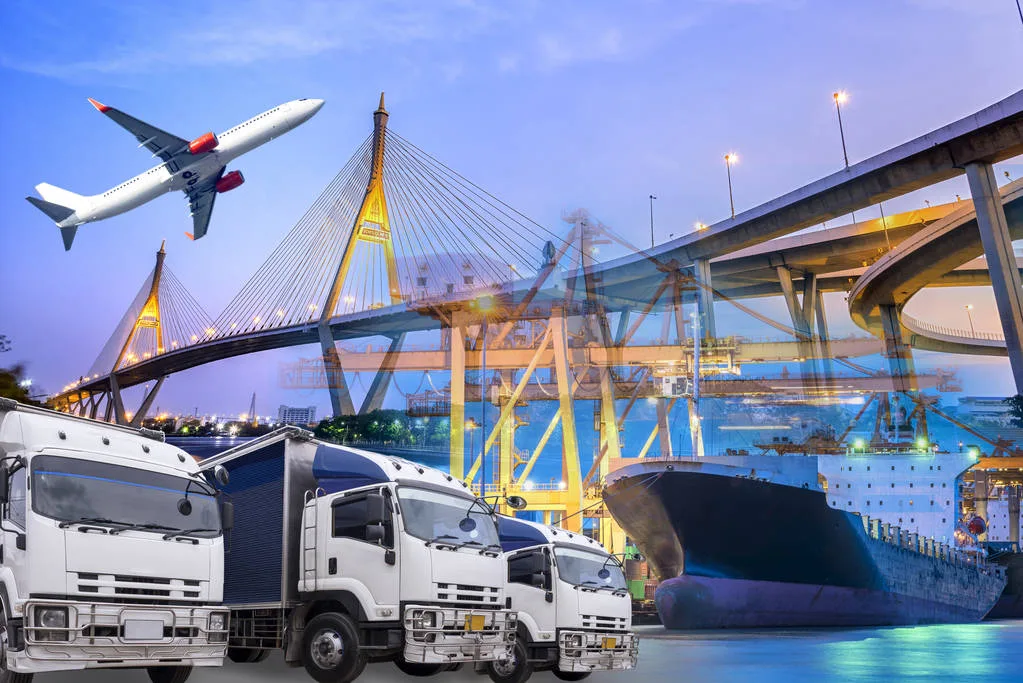China and Thailand also maintain close trade ties. As an important trading partner of Thailand, China has promoted the urgent need for efficient and safe logistics solutions on both sides. In this context, DDP (Delivered Duty Paid), as a popular international trade term, is widely adopted in maritime logistics from China to Thailand.
DDP Shipping Overview
DDP (Delivered Duty Paid) is a delivery condition in international trade, one of the International Chamber of Commerce’s Incoterms. Under DDP terms, the seller is responsible for delivering the goods to the destination specified by the buyer and bears all costs and risks until the goods are handed over to the buyer. This includes handling export clearance, insuring the goods during transit, completing import clearance, and paying any applicable duties and taxes in the importing country.
Responsibility Division
The seller is responsible for transporting the goods to the designated destination and bearing all costs and risks during transit. The seller handles all import and export formalities, including payment of duties, Value Added Tax (VAT), and other taxes. The seller’s responsibility ends once the goods reach the designated location and are available for disposal by the buyer.
Risk Transfer
Under DDP, risk transfers from the seller to the buyer when the goods arrive at the designated destination and are available for disposal by the buyer.
Costs
- The seller is responsible for all transportation costs until the goods reach the designated destination.
- The seller also pays all necessary import duties and taxes.
Considerations
In some cases, if agreed upon by both parties, certain specific costs (such as VAT) can be explicitly excluded in the contract. The buyer needs to cooperate with the seller to provide necessary documentation for import clearance. If the goods cannot be cleared in the destination country, it could lead to additional costs and delays.
DDP is the most convenient delivery term for the buyer as it relieves them of the burden of dealing with international logistics and customs clearance. However, for the seller, it implies higher liability and potential financial risks, so careful consideration of the pricing of goods and potential issues should be taken into account when drafting contracts. It is advisable to negotiate and document all transaction details when using DDP terms to avoid future disputes.
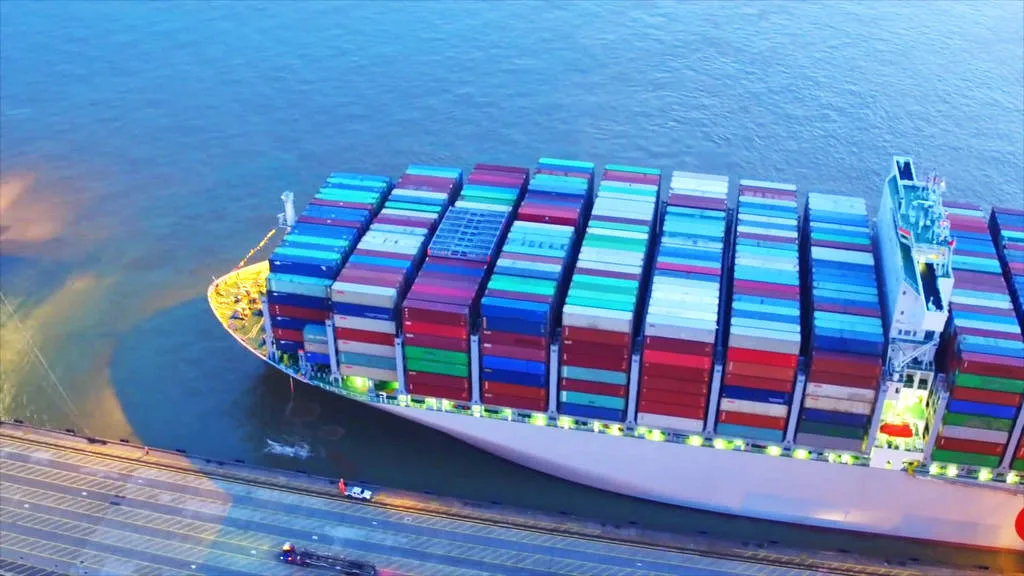
Advantages of DDP Shipping to Thailand
Simplify the buyer process
The buyer experience is significantly improved, because all the tedious customs clearance and tax matters are handled by the seller, and the buyer only needs to prepare to receive the goods, which reduces the technical threshold and time cost of importing.
Risks Clear
The seller assumes full responsibility until the goods are safely delivered to the Thai buyer, which reduces potential disputes between the buyer and the seller and clearly demarcates the lines of responsibility.
Cost estimates are accurate
Since the DDP clause covers all expenses, sellers can accurately calculate the total cost in advance, which facilitates budget management and quotation, and buyers can avoid unexpected additional expenses.
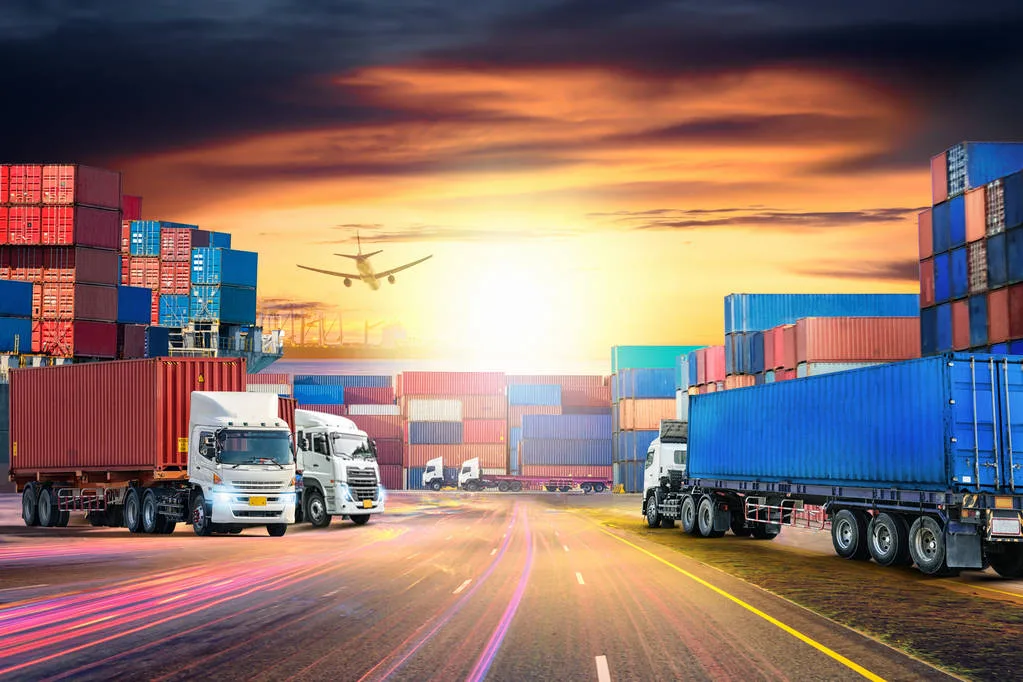
Adjustments of DDP Shipping to Thailand
DDP shipping process adjustment
Contract signing: Clarify the terms of the DDP and list in detail all fees and service scope included in the contract.
Cargo preparation: Complete the packaging, inspection and other preparations for the goods in China.
Transportation arrangements: Choose appropriate shipping routes, such as departing from major ports such as Shanghai and Guangzhou to major ports such as Bangkok or Laem Chabang in Thailand, and arrange vessel bookings.
Customs clearance and tax payment: The seller is responsible for all matters related to export customs clearance in China and import customs clearance in Thailand, including payment of duties, value-added tax and other taxes.
Domestic delivery: After completing customs clearance in Thailand, arrange land transportation to deliver the goods to the buyer’s designated location.
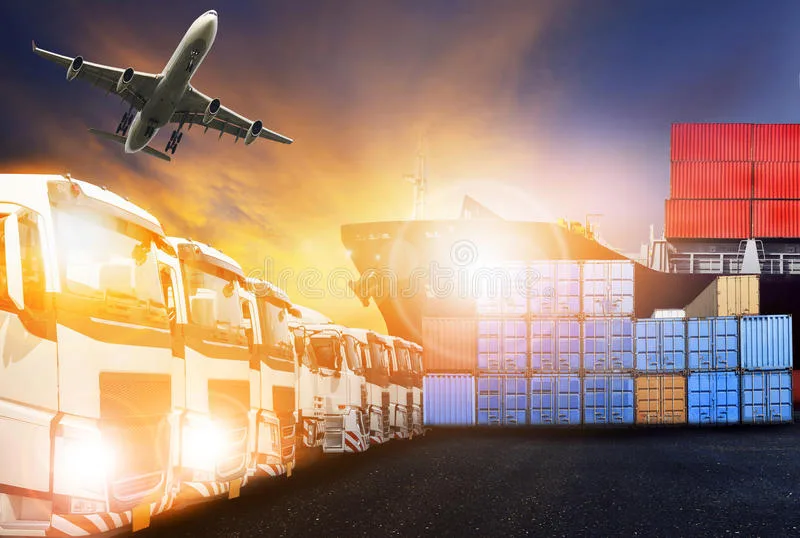
Adjustments to DDP related considerations
Compliance review: Ensure goods comply with Thailand’s import regulations and standards to avoid delays or fines caused by prohibited items or non-compliance.
Changes in tax rates: Pay attention to changes in tax rates in Thailand, especially when economic policies are adjusted or the international trade environment changes, and timely adjustments are made to the cost budget.
Logistics partner selection: Choose an experienced and reputable freight forwarder, especially those companies that are familiar with China-Thailand trade rules and can provide double customs clearance and tax-packaged door-to-door services, such as NEW SPEED.
We will first describe the shipping process in the following steps;
Package:
After production is completed or if no production is involved, the goods have been procured and the packaging process begins. The goods are packaged in standard export packaging or according to the buyer’s requirements.
pick up:
Once packaging is complete, the goods will be picked up from the supplier’s warehouse by an authorized freight forwarder. Now head to the seaport or airport as appropriate.
delivery:
After the goods arrive at the port, they will be transported to the port and stored in the warehouse. Now it is waiting for a vessel (either a ship or a plane) to pick it up.
Free warehousing:
Goods are stored in port warehouses free of charge. The free period lasts for 30 days. The goods were shipped before the free shipping period expired.
Customs clearance:
At the port, the goods are cleared by customs officials for onward shipment. They inspect the goods and check the accuracy of the shipping documents attached to the goods. After the relevant duties are collected, the goods can be cleared for shipment.
Cargo insurance:
During this step, the cargo is also insured against unforeseen disasters. Typically this is done based on the invoice value attached to the goods.
Cargo supervision:
At the port, cargo is monitored by port authorities to prevent theft, misuse, damage and misuse. It is stored in a safe place and closely monitored.
Unloading and delivery:
When all is said and done, the cargo is finally loaded onto the ship and headed to its final destination. Goods are carefully placed in designated spaces and dispatched.
NEW SPEED Logistics can assist you every step of the above process. It has the knowledge and manpower to perform these tasks and get the cargo to its destination safely.
DDP Shipping main routes and features

DDP Shipping From Shenzhen, China to Thailand
To Bangkok Port: Shipping time is about 4-5 days (after sailing).
To Laem Chabang Port: Although the specific time is not clearly stated, under normal circumstances, the shipping time from southern China port to Laem Chabang is similar to that to Bangkok, and it is expected to be about 4-5 days (after sailing). The specific time is not yet known. It needs to be confirmed according to the shipping date and route arrangement.
DDP Shipping From North China and East China to Thailand:
North China to Bangkok or Laem Chabang: sea shipping time is about 12-16 days.
East China also has frequent sailing schedules and shorter sailing times, but the specific time needs to be checked according to the actual route and sailing schedule.
DDP Shipping route selection considerations
Departure port selection: China’s main departure ports include Shanghai, Tianjin, Shenzhen, Qingdao, Ningbo, etc. Enterprises should choose the most suitable departure port based on their geographical location and cost-benefit analysis.
Route efficiency: The South China Sea route is a common route connecting ports in southern China and southern Thailand. Compared with the route via the Strait of Malacca, it may have certain advantages in transportation time and cost.
Shipping schedule frequency: Thailand’s major ports such as Bangkok and Laem Chabang provide high-frequency shipping schedules, with sailings almost every week, which is conducive to quick response to market demand.
Customs regulations for shipping from China to Thailand
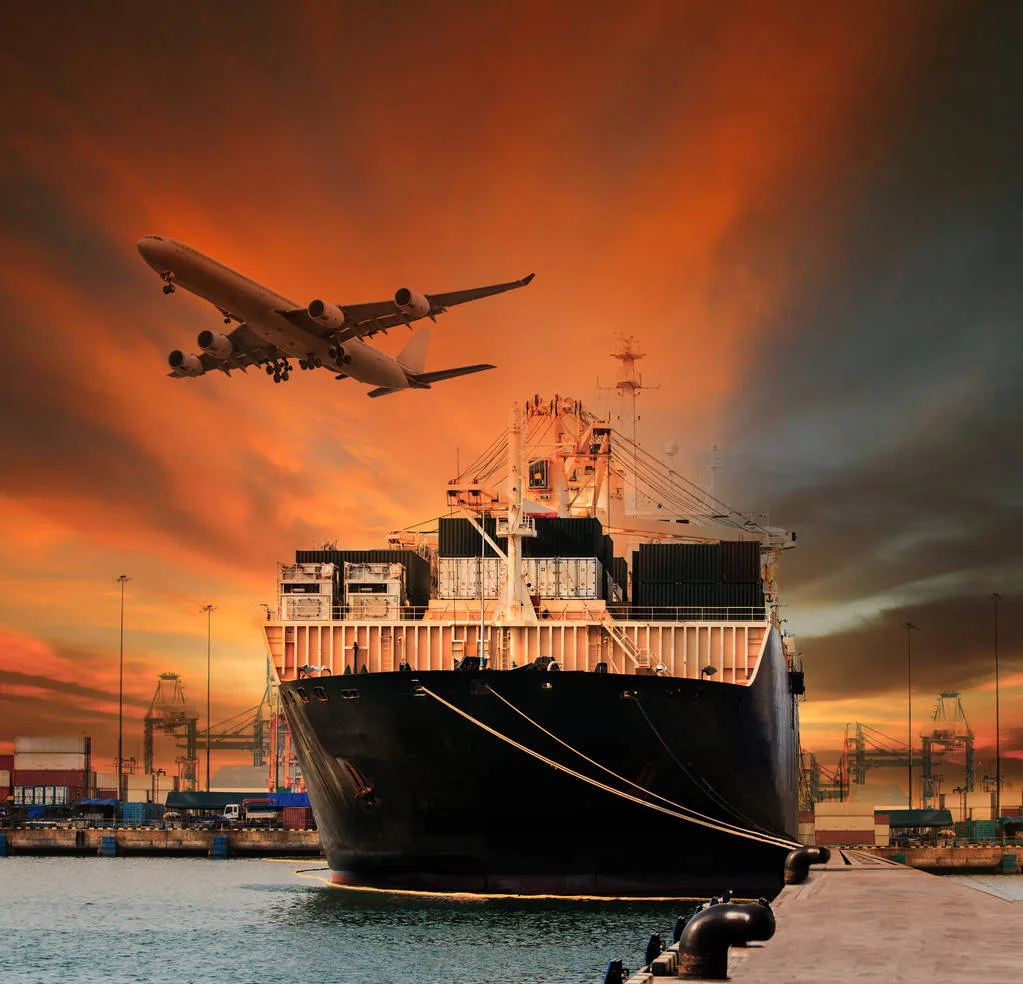
Customs declaration regulations: All imported and exported goods must be declared to Thai Customs before entering Thailand. This includes completing a customs declaration, such as Customs Form 99 or 99/1, which can be submitted on paper or via Electronic Data Interchange (EDI).
Necessary documents: Importers or their agents need to prepare and submit a series of documents, including but not limited to:
Sea waybill or air waybill
At least 3 copies of invoice
Packing List
Insurance invoice
Release Form (Customs Form 100/1 or 469)
Foreign exchange transaction declaration form (when the import amount exceeds 500,000 baht)
Import license (if applicable)
Certificate of Origin (if applicable)
Other relevant documents, such as product catalogs, specifications, etc.
Tariffs and taxes: Thailand imposes tariffs on imported goods, and the specific tax rates are based on the HS code and Thailand’s tariff policy. Certain goods may enjoy preferential rates, depending on bilateral or multilateral trade agreements. Importers need to know and calculate expected duties and VAT in advance.
Restrictions and prohibited items: Thailand has import restrictions or prohibitions on specific goods, such as drugs, weapons, some foods and publications, etc. In addition, please note that certain products such as games and game accessories are not allowed to be imported into Chennai, India. Although this does not directly apply to transportation from China to Thailand, it is a reminder that when transporting between different countries, you need to pay attention to the specific prohibitions and restrictions of the destination country.
Customs clearance process: Thailand Customs adopts an electronic customs system (single window system) and encourages electronic declaration to speed up the customs clearance process. Importers or their agents are required to submit documents through this system and follow the inspection, evaluation and release process of the goods.
Special Note: For certain sensitive goods such as cosmetics, imports may require additional approvals or licenses and may face more stringent inspections.
Ensuring compliance with these regulations can help reduce delays in goods passing through Thai customs and facilitate smoother international trade. It is recommended to work with a professional logistics service provider to ensure that all processes comply with the latest regulatory requirements.

